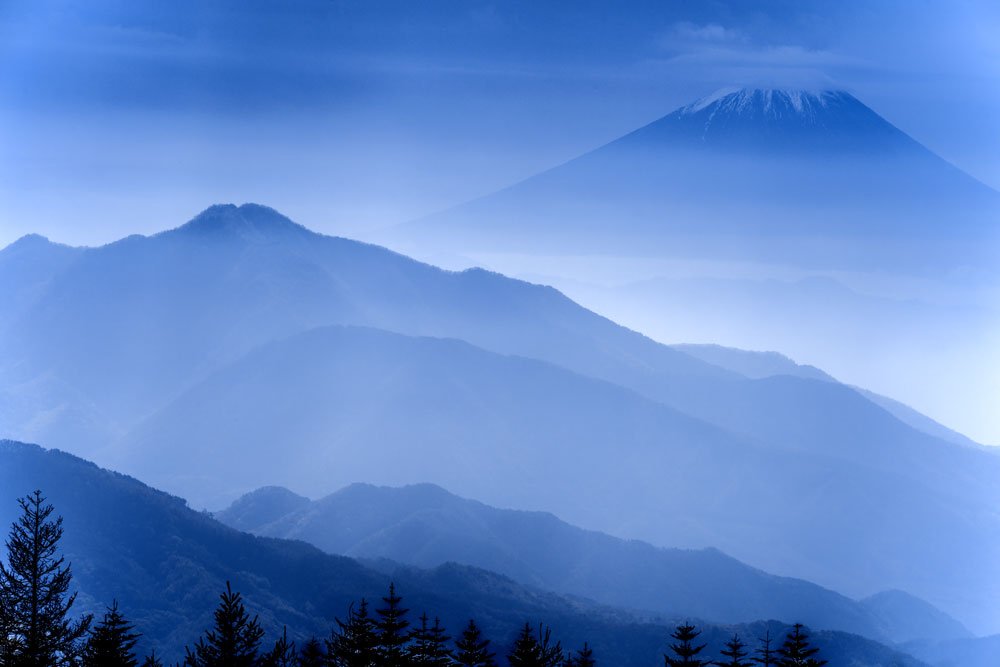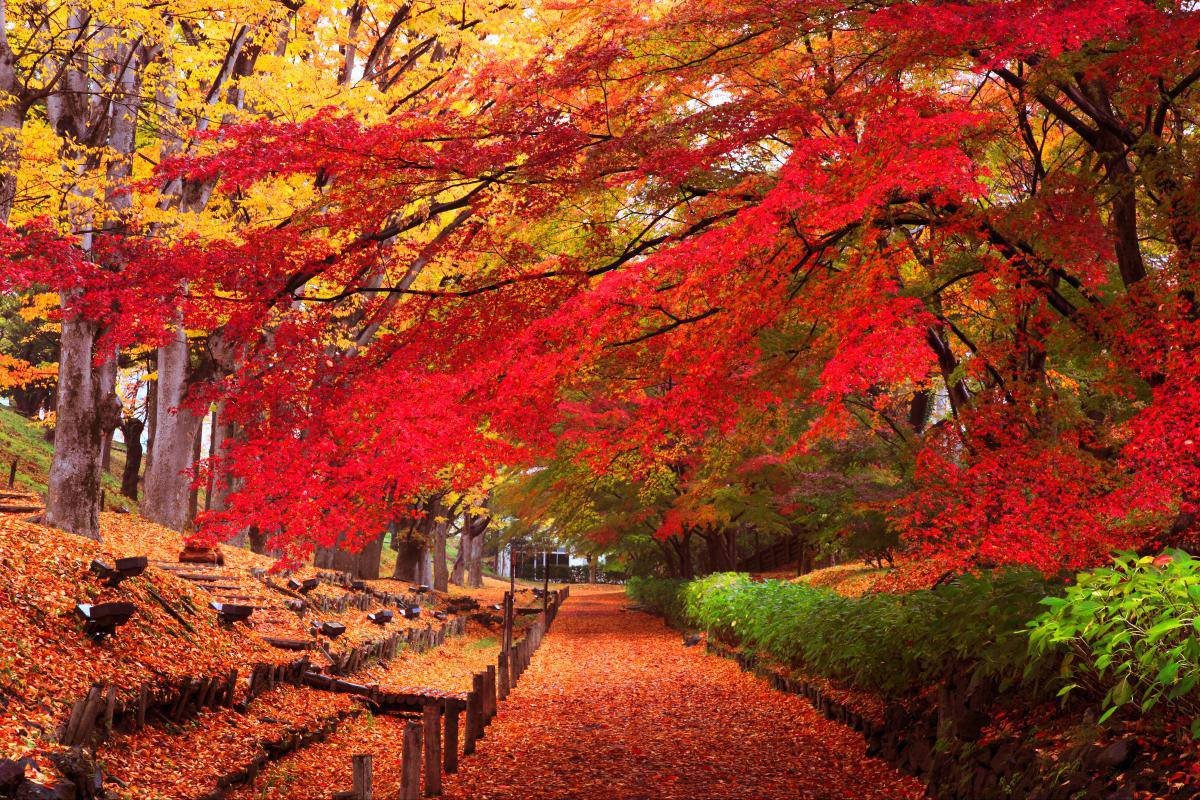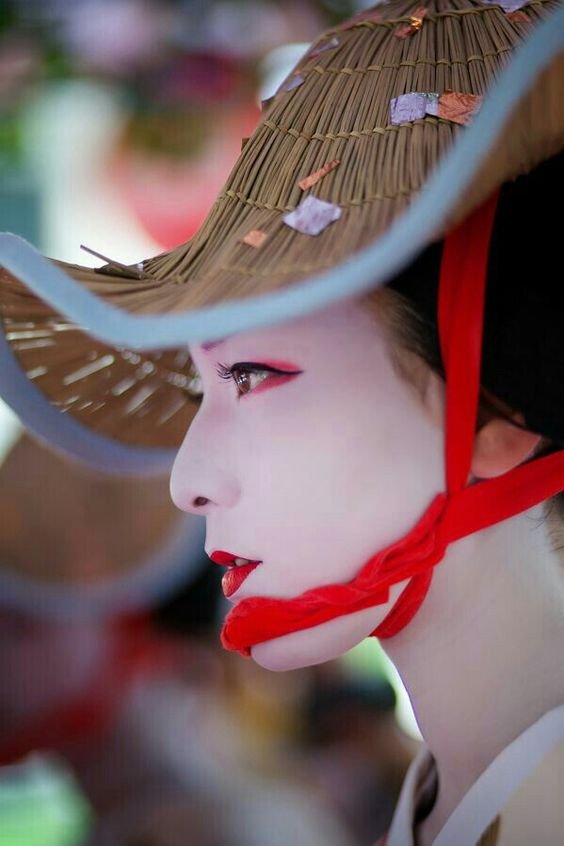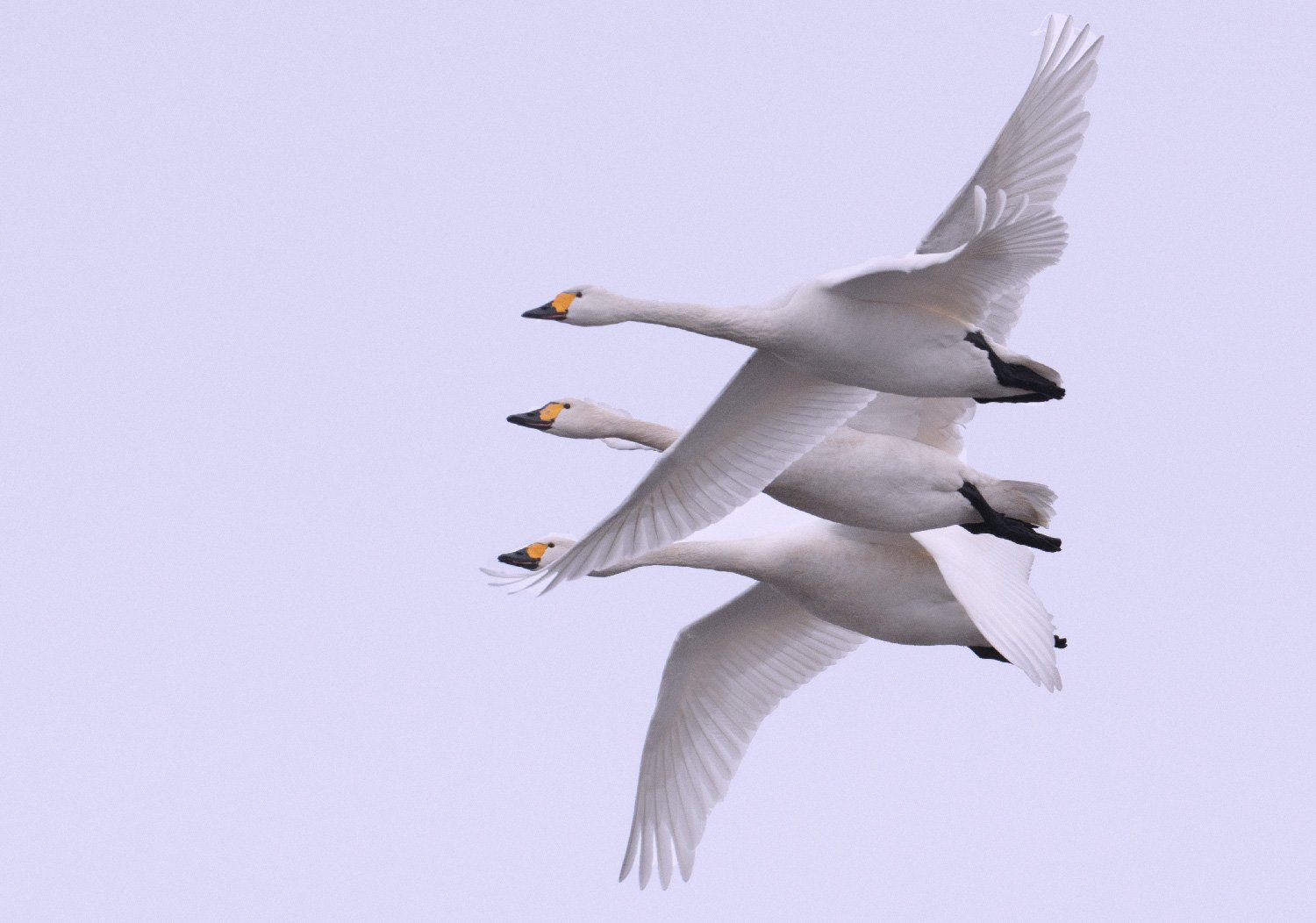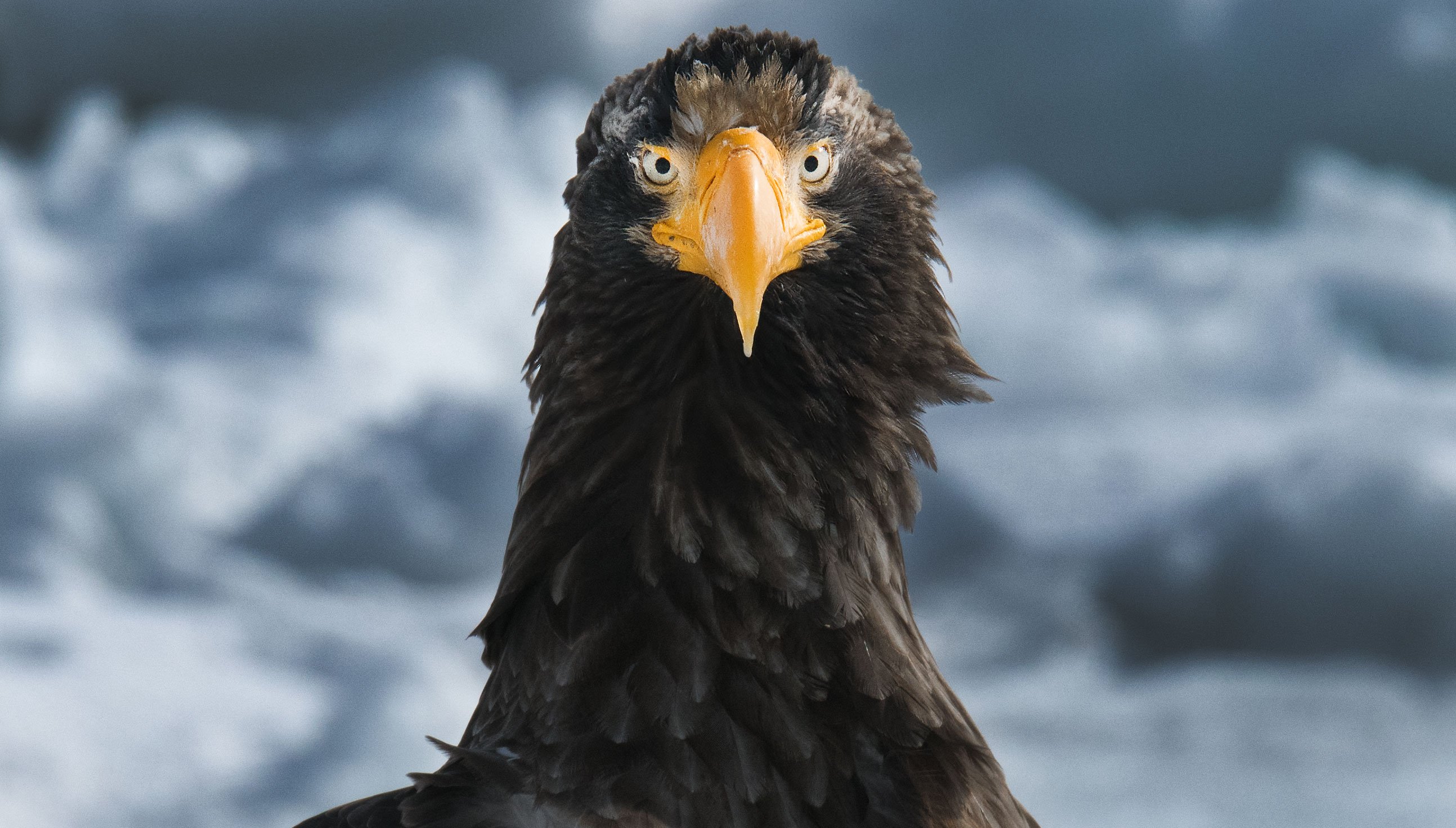
Contact us Now to join in 2021! February 2021 Hokkaido Birding Wildlife Landscape - Photography Tour Japan
Hokkaido is a beautiful, breathtaking place to visit especially when the snow falls it becomes the ultimate paradise for birding wildlife, and winter landscapes photography. Since 1998 our tour guide has been leading photography adventures throughout Japan. In the winters of, 2015, 2016, and 2017 he photographed a herd of over 500 Sika Deer. This is a rare event, timing and weather are everything to capture this moment; we wish for you also to be honored to view such a spectacular site.
Tour highlights Mt. Fuji, Snow Monkeys, Matsumoto Castle, Zen Buddhist Gardens, The Red-Crowned Cranes, The Steller's Sea Eagles, Sika deer, Whopper Swans, White Tailed Eagles, winter wonderland Hokkaido landscapes . This Japan photo tour workshop is all about our journey and photography, Blain your workshop leader enjoys the maximum amount of time in the field, while other tour groups are slumbering or in seminars, we will be in the field positioning ourselves for the photo opportunities of a lifetime!
Japan is 3000 kilometers long with 6,852 Islands; however, only 30% of Japan is populated. Japans wildlife is incredibly diverse and has flourished for millenniums. Thousands of animal species thrive in Japan, such as the Japanese Macaque or Snow Monkey and the largest herds of Sika Deer on our planet and over 600 bird species have been recorded to date. Winter in Japan is a wildlife photographers dream come true, and let us not forget the breathtaking landscapes and samurai, Buddhists, and Shinto architectural, cultural photo opportunities. Japan positively is the Exotic Winter photography adventure of a lifetime.
All our workshops are highly customized; we have been leading photo tours throughout Japan for over 20 years, and we know the right spots. All our staff is highly trained, and we drive only the newest suvs with business class seating.
The Adventure Begins
After meeting at Tokyo Haneda Airport, we waste no time in Tokyo. We drive directly for Mt. Fuji ( a must see and photograph for anyone visiting Japan). We will photograph the snow-capped world heritage site FujiSan, at the best golden hour spots. We will tour around the Fuji five lakes stopping to film in the Sea of Trees Jukai the forest on the northwestern flank of Mount Fuji. The forest is 30 square kilometers of hardened lava laid down by the last major eruption of Fujisan in 864. The trees and plants grow in natural volcanic planting pots and peat moss, in a volcanic forest there is no soil. The forest is extremely photogenic, especially in winter with few visitors and school trips. The forest is very dense and the porous lava absorbs sound, adding to the solitude.
After shooting sunrise on Mt. Fuji and breakfast we depart for Suwa Taisha Grand Shinto Buddhist Shrine Complex, it is said to be the oldest shrine complex in existence across Japan. There are over 10,000 Suwa shrines across Japan, and we will visit the head shrine and photograph its precious national treasures, plus we will surely film Shinto maidens and priest in their traditional wear. Then we will drive under an hour and enter the world of the Samurai at Matsumoto Castle, locally known as Crow castle or Kurasu-Jo, due to its grandeur poised black exterior. Built in 1504, it’s unique architectural design does not exist elsewhere in Japan, having both a secondary donjon and turret adjoined to its central keep. While photographing the interior of this original samurai castle, we will practice our low lighting techniques, which Blain will explain.
A little over an hour drive from Matsumoto, we enter Snow Monkeys territory in Jigokudani Joshinetsu-Kogen National Park, where you will have up-close and personal encounters with wild Japanese macaques as they relax in the hot springs to fight the cool winter temperatures, and some active monkeys are always horsing around. The Japanese Macaque is the most northern-living nonhuman primate; they survive the snowy winter climate by soaking in the warmth of the healing hot springs, also in the region are volcanic steam vents keeping them warm on those cold nights in the trees.
After Visiting with the snow monkeys, we drive to Tokyo Haneda Airport and fly to Japan's most northern Hokkaido. Wow, get ready Look Up? Red-Crowned Cranes, also known as snow ballerinas. Their courtship dance is as graceful as ballerinas. They bow to one another, then raise their heads towards the sky and call in unison, the pair or the entire flock will leap into the air at the same time commencing in the courtship dance.
After breakfast at our huge leisure lodgings in Akano and check out, we drive through Hokkaido's eastern alpine route to the Pacific Coast for birding and other wildlife encounters plus winter wonderland landscapes, and you will have a chance to meet locals that is reminiscent to Alaska's yesteryears.
Birding: The Steller’s Sea Eagles are huge and beautiful and one of the most fierce birds of prey on our planet natively they feed on pack-ice in the rich fishing waters of Japan's north. We will board our chartered vessel to photograph the Steller’s Sea-eagle in their natural feeding ground on pack ice. The white-tailed eagle which is smaller and native to Japan also feeds on pack ice next to the Steller's sea eagle; tensions are high when fishing and the white-tailed eagle hold there own with the much larger and legendary sea eagles. You will have hundreds of spectacular images of eagles clutching fish in their talons in flight and while feasting, and film some eagles in strife.
The area is home to the largest herds of Sika deer on our planet, and we will also photograph the red-tailed fox, white-tailed eagle, black kite, golden eagle, and many other subarctic species. Sunrises and sunsets are extraordinarily beautiful on this stretch of coastline.
We advise participants to arrive a day earlier in Japan before the tour date and leave the day after the tour concludes. For hotels recommendations, we will advise participants on request.
Day 1, February 14, Friday: Arrival and pick up Tokyo, Haneda Airport International Terminal 10 a.m. place to be announced to participants. After meeting we drive to Mt. Fuji and visit the Fuji five lakes, Yamanakako, Kawaguchiko, Saiko, Shojiko and Motosuko lakes. Lake Motosuko is showcased on the back of the one thousand yen banknote with Fujisan in the backdrop. We will also, visit ice caves, and the sea of trees. Overnight at Mt. Fuji Hotel (1night) – Our Lodgings have private and communal hot springs/male and female bath separately. Western-style Rooms with have bath shower. Dinner and breakfast at our hotel, lunch at a local establishment.
Day 2-4 February 15-17, Saturday - Monday: On Saturday After breakfast at our lodgings in Mt. Fuji we depart for Suwa Taisha Shinto Shrines, and Matsumoto Castle, then make our way to our lodgings at Shibu Onsen village home to the snow monkeys. We will Visit and photograph the wild Japanese snow monkeys in their natural habitat hot springs and around the mountain region of shibu onsen village and Jigokudani Monkey Park. There are approximately 200 monkeys in the area in 3 different troops. We will also, visit a local Buddhist shrine that houses national treasures over 1000 years old. Hotel TBA Rooms will have a shower bath, western or Japanese style room, Plus Our Lodgings will have communal hot springs/male and female bath separately. Breakfast and dinner at our hotel, lunch at a local restaurant.
Day 5, 6, February 18 - 19, Tuesday - Wednesday: Transfer to Tokyo, Haneda Airport (HND) and fly to Kushiro, Hokkaido Airport (KUH) and photography The Red-Crowned Cranes or snow ballerinas and owls in the region. Two Nights at La Vista Kushirogawa Our Lodgings have communal hot springs/male and female bath separately. Rooms have a shower and are western style. Breakfast will be in Hotel, lunch at a local establishment, dinner outside at one of Hokkaido's and Japans most famous Izakaya Restaurants, friends of Blains.
Day 7, 8, February 20 - 21, Thursday - Friday: AM Red-crowned crane. Drive to Lake Akan. Winter alpine Landscape photography, Giant Whooping Swans Lake Kushiro. Visit the Ainu first nations people of Japanese. Two nights at Tsuruga Wings, the same lodgings I and others have used when on assignment with National Geographics and groups. Our Lodgings are huge and have many communal hot springs/male and female bath separately. Rooms have showers and western bath style — breakfast and dinner in hotel Japanse, Italian and Chinese foods, lunch at a local restaurant.
Day 9, 10, February 22 - 23, Saturday - Sunday: Travel to the Pacific coastline. Wildlife, and landscape photography at Lake Furenko Steller’s Sea Eagle, White-Tailed Eagle, Golden Eagle, Sika Deer, Red Tailed Fox, plus other sub-arctic species. Rausu (chartered boat) through pack ice, to the Steller’s Sea Eagle feeding ground. Sunset Notsuke-Hanto Peninsula. Two Nights Sea Side Hotel. Rooms western or Japanse style and have showers n bath; hot springs are communal male and female bath separately. Breakfast and dinner in the hotel lunch at a local restaurant.
Day 11, February 24, Monday: AM Rausu The Steller's Sea Eagle and White Tailed Eagle Sunrise Photo Op in Pack-Ice. Hokkaido Winter Landscape photography while we are driving back to Kushiro for our return flight to Tokyo the next day. Farewell dinner with a toast on the town at Blain's favorite Izakaya and known throughout Japan. Overnight La Vista Kushirogawa Our Lodgings have communal hot springs/male and female bath separately. Rooms have a shower and are western style. Breakfast will be in the Hotel, lunch at a local restaurant, dinner at a famous Japanse Izakaya and friends of Blains.
Day 12, AM February 25, Tuesday: Sunrise photo opportunity in a choice location which is said to be the top 3 most stunning sunrise on our planet, if cloudy The Red-Crowned Cranes. Lunch at a local restaurant. Late afternoon flight to Tokyo, Thank you, and we look forward our next adventure together.
Why Choose this Photography Tour/Workshop?
- Photographers of all levels are welcome.
- All Camera formats are welcome, digital, handy camera, scoping with iPhone large format, film, etc.
- Photograph the Steller's Sea Eagle, Red-Crowned Crane and Sika Deer up close and personal.
- Film the largest herd of Sika Deer on our planet.
- Transportation Private Sports Utility Vehicles with Business Class Seating.
- Activity level leisurely - moderate.
- Small group size equals quality time with participants questions are always welcome and encouraged.
- Each evening and morning we discuss our best shooting options with our weather conditions so that you will be well prepared.
- 2020 will be the tour leaders 21st year leading photo adventures in Japan.
Tour Cost: ¥1,045,000 (Approximately USD $9500) Includes all lodgings based on double room occupancy, domestic flights in as described in the itinerary, all breakfasts lunches and dinners, all ground transportation sports utility vehicles with business class seating, all entrance fees, all donations at Buddhist- Shinto temples and shrines, photography guide instruction, receive a more detailed itinerary after sign up with clothing and gear recommendations.
Single Supplement: ¥132,000 (Approximately USD $1200)
Not Included: Flight to and from Japan, travel health insurance, alcohol beverages, hotel amenities and items of a personal nature





